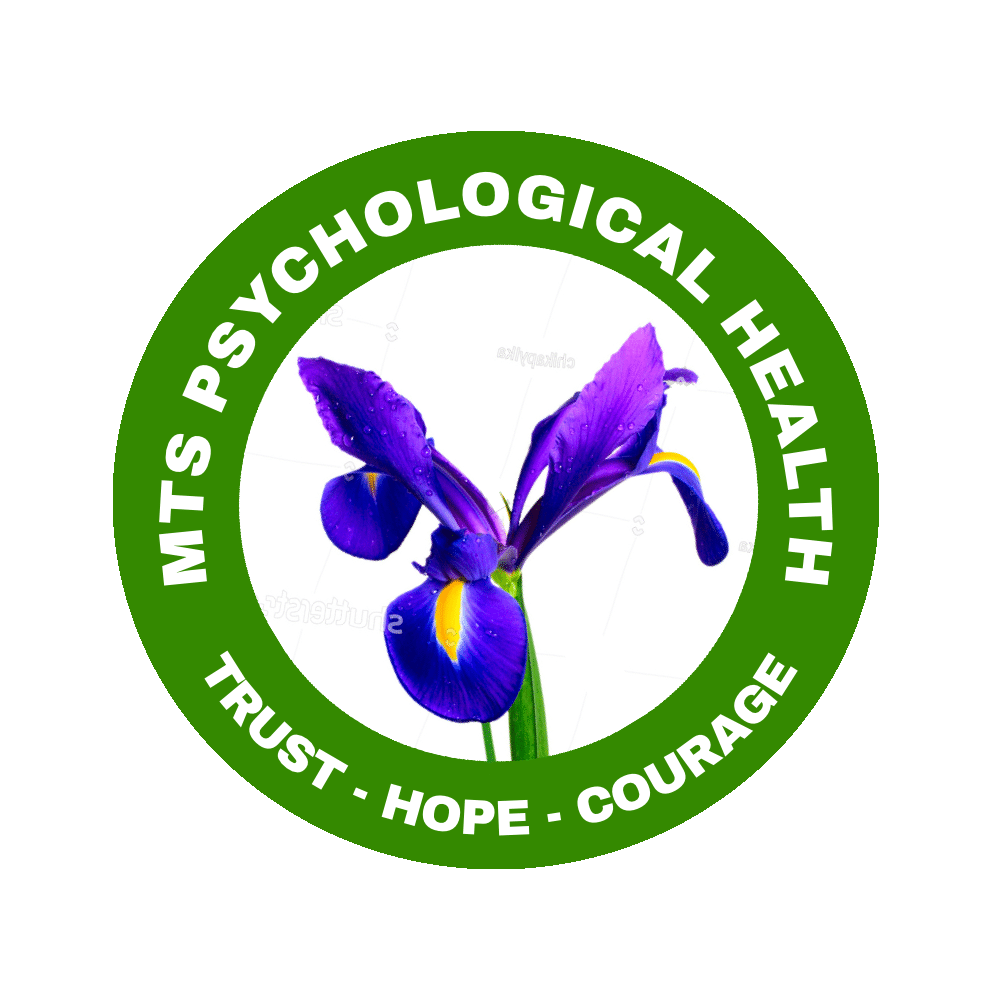Mental health is a topic that has gained increasing attention in recent years, yet one group often overlooked in the discussion is older adults. While society has made strides in recognising the importance of mental wellbeing, the unique challenges faced by older people are frequently misunderstood or dismissed. It’s time to change that narrative.
This post aims to shed light on the mental health needs of older people, dispel common myths and offer practical guidance for fostering emotional wellbeing in later life.
Understanding mental health in later life
Mental health refers to our emotional, psychological and social wellbeing. It affects how we think, feel and act, and plays a crucial role in how we handle stress, relate to others and make choices. For older adults, mental health is shaped by a complex interplay of life experiences, physical health and social circumstances.
It’s important to recognise that mental health issues are not an inevitable part of ageing. Older adults can enjoy fulfilling, emotionally rich lives with the right support and awareness.
However, common mental health challenges in later life include:
- Depression: Often underdiagnosed, depression in older adults can stem from bereavement, chronic illness or social isolation.
- Anxiety: Worries about health, finances or loss of independence can trigger anxiety disorders.
- Loneliness: Retirement, bereavement, and reduced mobility can lead to social isolation, which is strongly linked to poor mental health.
- Dementia and cognitive decline: Conditions like Alzheimer’s disease affect memory, thinking and behaviour, and can lead to emotional distress.
Key symptoms of mental wellbeing issues in older people
Mental health conditions in older people can present differently than in younger ones, with symptoms often mistaken for the ‘normal’ ageing process. Being alert to changes in mood, behaviour, and cognition is key to early intervention.
Signs to look out for are:
- Emotional symptoms: Persistent sadness, irritability or feelings of hopelessness.
- Cognitive changes: Difficulty concentrating, memory lapses or confusion.
- Behavioural shifts: Withdrawal from social activities, changes in sleep or appetite, neglect of personal hygiene.
These signs may be subtle, but they warrant attention, especially if they persist or interfere with daily life. Family members, carers and healthcare professionals should be proactive in observing and addressing any of these changes.
Barriers to mental health care
Despite the prevalence of mental health issues among older adults, many do not receive the help they need, in part because of barriers such as:
- Stigma: Older generations may view mental illness as a personal weakness or something to be endured silently. This can prevent individuals from seeking help.
- Misdiagnosis: Symptoms of depression or anxiety are often attributed to physical illness or ageing, leading to underdiagnosis.
- Limited access: Mental health services may not be tailored to the needs of older people, and mobility or transport issues can make attending appointments difficult.
Overcoming these barriers often requires a cultural shift, so that conversations about mental health are normalised and services are both inclusive and accessible.
Strategies for support and prevention
Promoting mental wellbeing in older adults involves a combination of social, emotional and lifestyle interventions. Here are some effective strategies:
Encourage open conversations
Talking about mental health should be as routine as discussing physical health. Families and carers can create safe spaces for older adults to express their feelings without judgement. Even simple check-ins can make a big difference.
Foster social connection
Loneliness is a major risk factor for poor mental health. Encouraging participation in community groups, volunteering, or intergenerational activities can help older people feel valued and connected. Digital tools like video calls and social media can also bridge the gap—especially for those with limited mobility.
Promote healthy lifestyle habits
Physical health and mental wellbeing are deeply intertwined. Regular exercise, a balanced diet, and good sleep hygiene can improve mood and cognitive function. Activities like walking, gardening, or yoga are gentle yet effective ways to stay active.
Mindfulness and relaxation techniques can also reduce stress and enhance emotional resilience. Even a few minutes of deep breathing or meditation each day can have a positive impact.
Support caregivers
Carers play a vital role in the mental health of older adults. Providing them with training, emotional support, and respite care can prevent burnout and ensure they’re equipped to recognise and respond to mental health concerns.
Professional help and resources
Knowing when and how to seek help for older people facing mental wellbeing challenges is crucial and professional intervention is sometimes necessary.
When to seek help
Early diagnosis and treatment can greatly improve outcomes. If symptoms of depression, anxiety or cognitive decline persist for more than a few weeks, interfere with daily life, or cause significant distress, then it’s time to consult a healthcare professional.
Types of support
Therapy: Talking therapies such as cognitive behavioural therapy (CBT) can be highly effective for older adults.
Medication: Antidepressants or anti-anxiety medications may be prescribed, though they should be carefully monitored due to potential interactions with other drugs.
Community programmes: Many local councils and charities offer mental health support tailored to older people.
UK Resources
For anyone seeking help or guidance, these organisations are good starting points:
Age UK: Offers advice, befriending services and local activities to combat loneliness.
NHS Mental Health Services: Accessible via GP referral, with options for therapy, crisis support and specialist care.
Mind: Provides mental health information, helplines and advocacy.
Final thought
Whether you’re an older person yourself, a family member or a carer, it’s never too late to prioritise mental wellbeing. Let’s keep the conversation going and ensure that no one faces these challenges alone.
+++
Here at MTS Psychological Health, I am passionate about your mental health and emotional wellbeing. Don’t suffer psychological issues in silence: get in touch and discover how I can help you to alleviate a range of anxiety and depression symptoms from mild to severe presentations.
We can discuss the best clinical way to alleviate your suffering, which may be either through a course of psychoanalytic psychotherapy or with EFT (Emotional Freedom Technique / Tapping) and Aromatherapy, so you can enjoy life to the full again.

